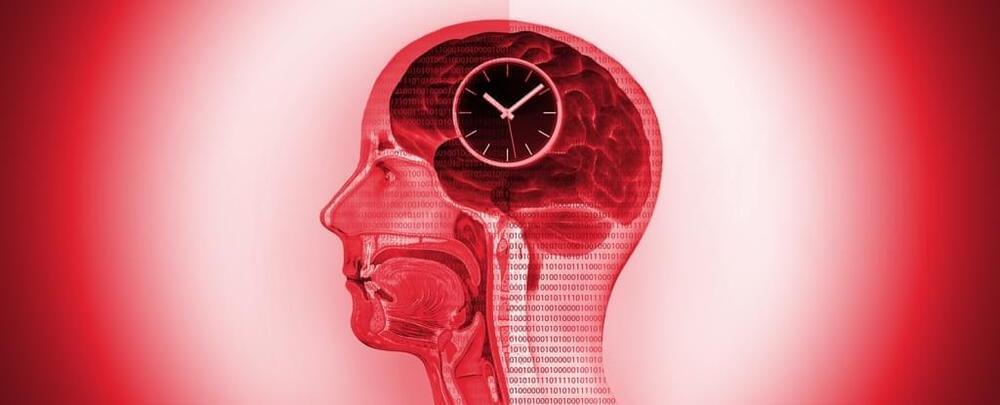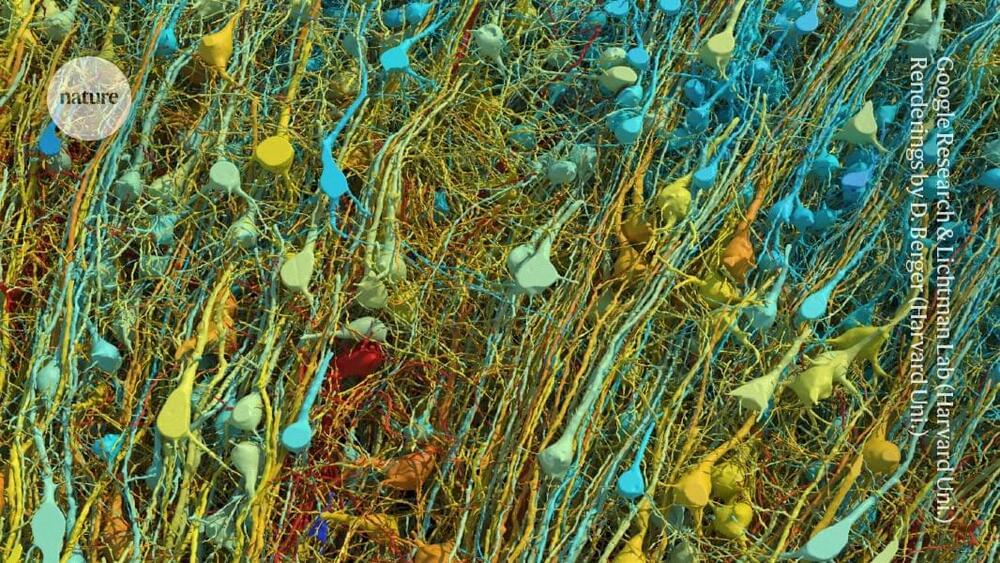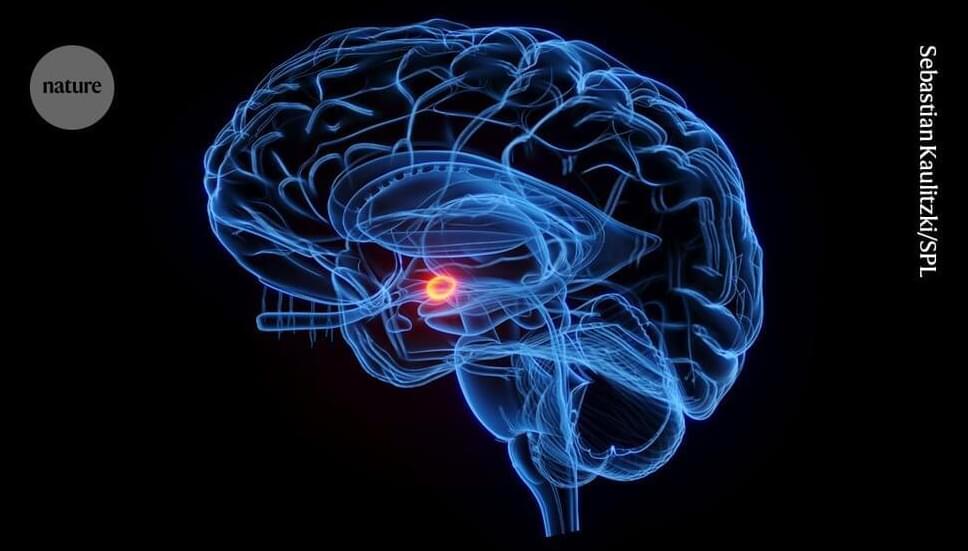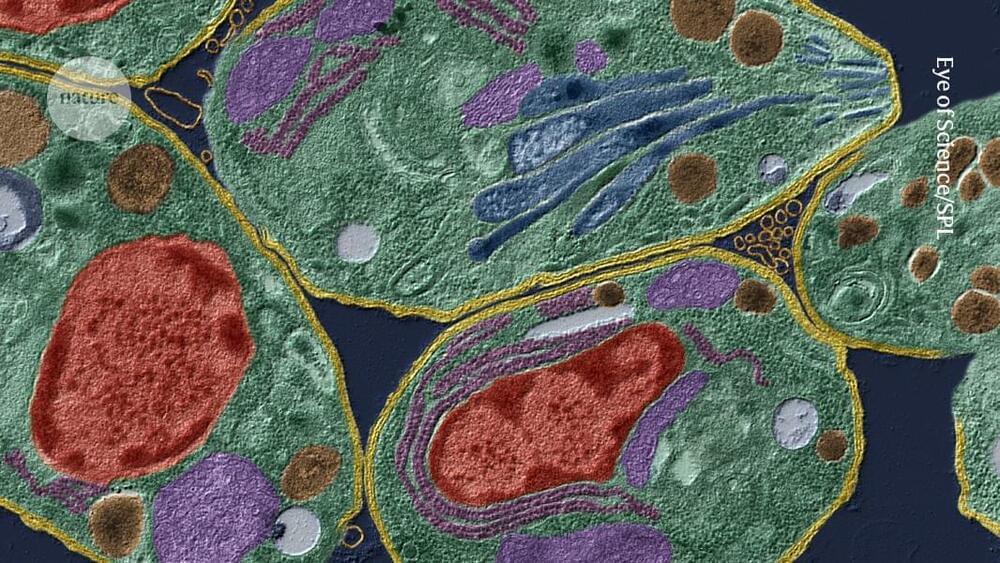Researchers have discovered a brain-gut circuit that links stress to changes in gut bacteria, revealing that emotional states can directly influence immune function through the duodenal glands.



Scientists looking to tackle our ongoing obesity crisis have made an important discovery: Intermittent calorie restriction leads to significant changes both in the gut and the brain, which may open up new options for maintaining a healthy weight.
Researchers from China studied 25 volunteers classed as obese over a period of 62 days, during which they took part in an intermittent energy restriction (IER) program – a regime that involves careful control of calorie intake and relative fasting on some days.
Not only did the participants in the study lose weight – 7.6 kilograms (16.8 pounds) or 7.8 percent of their body weight on average – there was also evidence of shifts in the activity of obesity-related regions of the brain, and in the make-up of gut bacteria.

A team led by UT Southwestern Medical Center researchers has discovered a new way that cells regulate senescence, an irreversible end to cell division. The findings, published in Cell, could one day lead to new interventions for a variety of conditions associated with aging, including neurodegenerative and cardiovascular diseases, diabetes, and cancer, as well as new therapies for a collection of diseases known as ribosomopathies.
“There is great interest in reducing senescence to slow or reverse aging or aging-associated diseases. We discovered a noncoding RNA that when inhibited strongly impairs senescence, suggesting that it could be a therapeutic target for conditions associated with aging,” said Joshua Mendell, M.D., Ph.D., Professor of Molecular Biology and a member of the Harold C. Simmons Comprehensive Cancer Center at UT Southwestern. He is also a Howard Hughes Medical Institute Investigator.
Dr. Mendell led the study with co-first authors Yujing Cheng, Ph.D., a recent graduate of the Genetics, Development, and Disease graduate program; and Siwen Wang, M.D., a former postdoctoral researcher, both in the Mendell Lab.

Then I Am Myself the World Christof Koch Basic Books, $30
The human brain is the most complex information integrator known in the universe. With 86 billion neurons and 100 trillion connections between them, the brain gives us our rich subjective experiences and our capacity for free will — our consciousness.
Despite being a universal human phenomenon, consciousness is notoriously difficult to describe, and scientists still debate how it arises. In Then I Am Myself the World, neuroscientist Christof Koch offers the latest entry into the long list of books attempting to demystify the origins of our inner lives (SN: 1/5/22). While the topic can be a head-scratcher, Koch’s adept use of analogies and entertaining anecdotes — complete with his own near-death experience and psychedelic drug trips — make the book a compelling and surprisingly light read.

Lex Fridman Podcast full episode: https://www.youtube.com/watch?v=Kbk9BiPhm7oThank you for listening ❤ Check out our sponsors: https://lexfridman.com/sponsor…
Professor Donald Hoffman is a cognitive neuroscientist and the author of more than 90 scientific papers and three books, including Visual Intelligence and The Case Against Reality.
He is best known for his theory of consciousness, which combines evolutionary theory with mathematics to make a compelling case that the reality we see every day is an illusion created by our minds.
In this conversation, we explore:
— The groundbreaking scientific research being conducted by physicists into the “structures” beyond spacetime.
— Donald’s theory of conscious agents.
— The implications his theory of consciousness has for our understanding of the purpose of life.

Stress sensitive neural circuits change the gut microbiome and the duodenal glands.
Precision mapping of a gut-brain circuit w/ functional impact.
Glands in the small intestine (Brunner’s) have GLP-1 receptors, are stress-sensitive, connect to the brain via the vagal nerve, modulate bacterial…
Stress leads to disarray of the gut microbiome, which in turn causes inflammation and a drop in the body’s ability to fend off infection.

